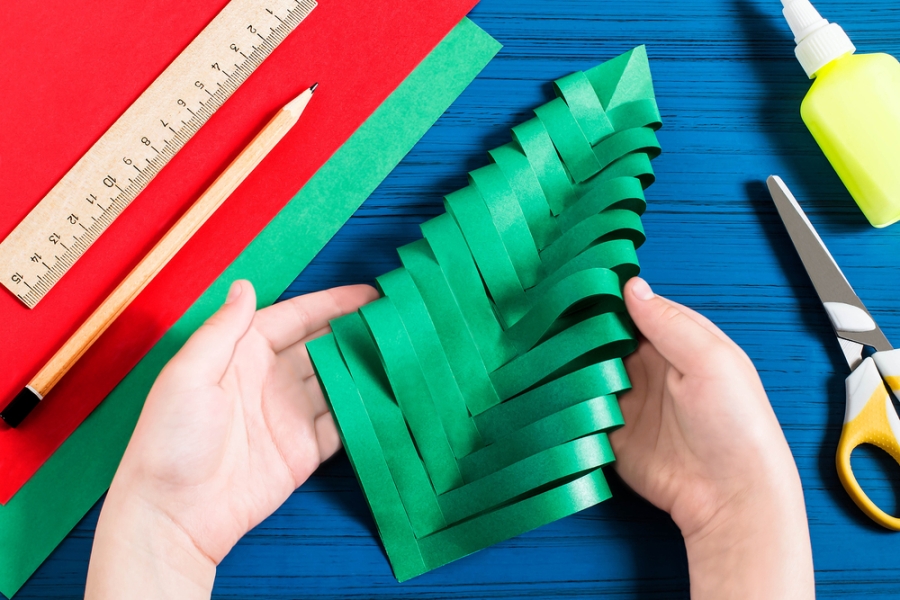Beginning a new hobby can be an exciting time – the sense of possibility is endless, and you can see nothing but inspiration and promise. It’s all too easy to make mistakes in these early days that lead to big discouragements down the line, and could even have you giving up on your new hobby before you’ve truly begun.
Today, we’re taking a look at those first steps in your new craft hobby to make sure you’re laying down foundations for a long term commitment, not disappointment and frustration!
Getting the Right Equipment
One of the first problems many inexperienced crafters run into is missing some important equipment for their first project – or worse, buying the wrong equipment! Different crafts require different specialist tools and materials – even different techniques using the same craft use different tools and they aren’t interchangeable! Needlepoint and crewel work are both forms of embroidery but they use different needles, different fabric and different techniques, and you’ll run into frustrating problems if you try to use the wrong tools for the job.
Most craft shops, digital or online, will offer bundles of tools and materials for starter projects, and investing in embroidery kits for beginners will ensure you have everything you need for that initial, exploratory project.
Starting Small
The excitement of a new hobby could lead to you taking on too much and burning out on the sheer amount of work involved before you’ve mastered all of the skills your new craft has to offer. There’s nothing wrong with being excited and ambitious but if you try to walk before you can run, you might never actually finish a project! Part of the engine for success with crafting projects is the sense of reward you get from a finished piece, and the ability to look at what you’ve done and see how your skills grow over time.
Try and start with smaller projects. If you want to experiment with knitting and commit to creating a huge blanket, you’ll be working for weeks or months of your life before you get to look back and see how much you’ve achieved. Starting with smaller, more easily completed projects gives you a boost when you need it, building stamina for when you embark on your masterpiece!
Maintaining Motivation
There is a tricky period in your new hobby, when the novelty wears off, but before you’ve achieved sufficient confidence and mastery that practicing it becomes a pleasure in itself. At this stage it’s important to maintain your motivation: look at what you’ve worked on since you started and admire the advances you’ve made. Making small projects as gifts for friends can also deliver a welcome boost: when you see how someone else welcomes the work you’ve done, it’s a reminder of how worthwhile the skills you’re developing are!

